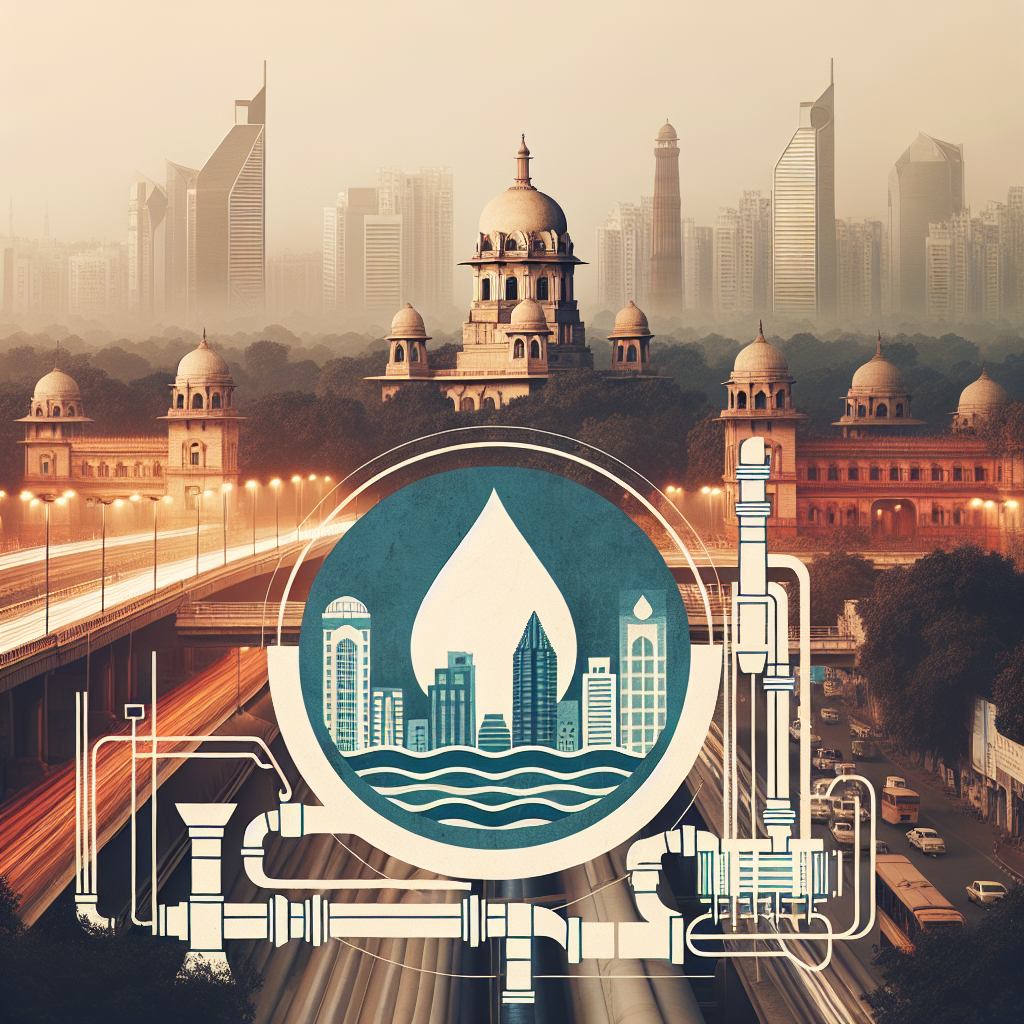Delhi's Fight Against Yamuna Pollution: Major Wastewater Plants Near Completion
The Delhi Jal Board (DJB) announced major advancements in its wastewater treatment projects under the Yamuna Action Plan-III, with three mega treatment plants in Okhla, Kondli, and Rithala nearing completion. These plants will treat millions of liters of wastewater daily, significantly reducing pollution levels in the Yamuna River and benefiting millions of residents.

- Country:
- India
On Friday, the Delhi Jal Board (DJB) declared momentous progress in their ongoing wastewater treatment efforts as part of the Yamuna Action Plan-III. The three colossal wastewater treatment plants (WWTPs) located in Okhla, Kondli, and Rithala are close to completion. Official announcements indicate the Okhla and Kondli plants are nearly finished, while the Rithala plant has concluded construction and is now in the trial run phase.
The advanced technology implemented in these plants aims to meet rigorous effluent standards. As per the official statement, the plants will ensure treated water maintains a high quality with a Biological Oxygen Demand (BOD) of 10 mg/l and Total Suspended Solids (TSS) of 10 mg/l or better. Highlighting the scale of the project, the DJB said the Okhla WWTP, now 96% complete, ranks as Asia's largest and the world's fourth-largest wastewater treatment facility.
This endeavor aims to sanitize the Yamuna River, treating 564 million liters of wastewater per day, positively impacting around 40 lakh residents, particularly in South Delhi. The Kondli WWTP is 98% complete and will treat 214 MLD of wastewater for East Delhi, while the Rithala WWTP, currently in trial operations, will handle 182 MLD for North and North-West Delhi. The DJB emphasized that the project's completion is vital for reducing pollution in the Yamuna by treating and reusing wastewater, thereby supporting the river's ecological balance.
(With inputs from agencies.)










